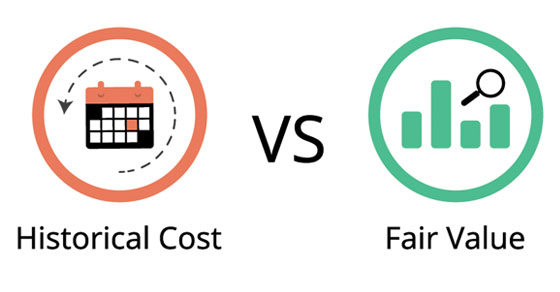Issued August 24, 2016, Rev. Proc. 2016-47 simplifies the process for correcting late rollovers from one tax-qualified retirement account to another. The guidance provides plan administrators and IRA trustees with an additional basis for accepting rollover contributions after the 60-day deadline.
Details
When a distribution is made from a tax-qualified retirement account, such amount will be taxable unless it is rolled over into another qualified account within 60 days of the distribution. Previously under Rev. Proc. 2003-16, taxpayers who missed the 60-day period needed to apply to the IRS for a private letter ruling and pay a user fee for a waiver of the requirement. Now, pursuant to Rev. Proc. 2016-47, relief is available without IRS intervention.
To obtain relief for the missed deadline, the individual must certify to the plan administrator or IRA trustee accepting the late contribution that (i) the IRS has not previously denied a request for a waiver of the 60-day rollover requirement, (ii) the failure resulted from any of the 11 common situations listed below, and (iii) the rollover contribution is being made as soon as practicable, not to exceed 30 days, after the impediment to making such contribution no longer applies.
Eleven Situations Qualifying for Self-Correction of Late Rollover Contributions
The financial institution receiving the contribution or making the distribution to which the contribution relates made an error;
The distribution check was misplaced and never cashed;
The distribution was deposited into an account that the taxpayer mistakenly thought was an eligible retirement plan;
The taxpayer’s principal residence was severely damaged;
A member of the taxpayer’s family died;
The taxpayer or a member of the taxpayer’s family was seriously ill;
The taxpayer was incarcerated;
Restrictions were imposed by a foreign country;
The post office made an error;
The distribution was made on account of a levy under Sec. 6331, the proceeds of which have been returned to the taxpayer; or
The party making the distribution delayed providing information that the receiving plan or IRA required to complete the rollover, despite the taxpayer’s reasonable efforts to obtain it.
Actions by Plan Administrators
A plan administrator or IRA trustee may rely on the individual’s certification and accept the late rollover contribution, provided the plan administrator or IRA trustee does not have actual knowledge that is contrary to such certification. Notably, the contribution must be made to the plan or IRA within 30 days after any reason listed in the certification letter no longer prevents the individual from making the contribution.
Plan administrators now have three bases for accepting late rollover contributions:
The automatic waivers permitted under Rev. Proc. 2003-16 involving untimely rollovers that resulted from financial institution errors;
The written self-certifications under Rev. Proc. 2016-47 explaining the late rollover resulting from any of the 11 common situations described above; and
An IRS private letter ruling waiving the 60-day rollover requirement, which was obtained by the individual for other circumstances in which an automatic waiver or self-certification letter is unavailable.
This article originally appeared in BDO USA, LLP’s “Quarterly Insights” newsletter (Fall 2016). Copyright © 2016 BDO USA, LLP. All rights reserved.



